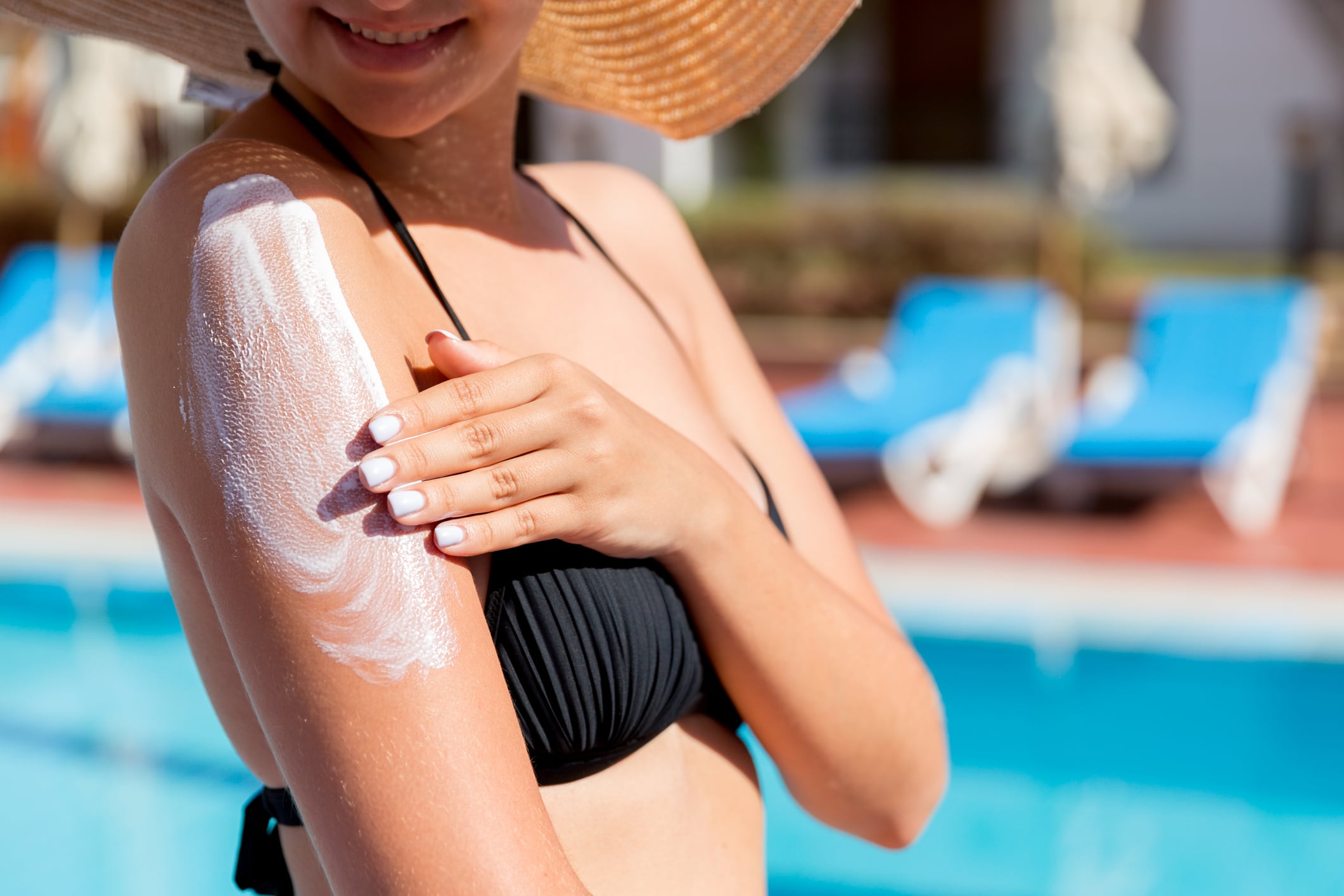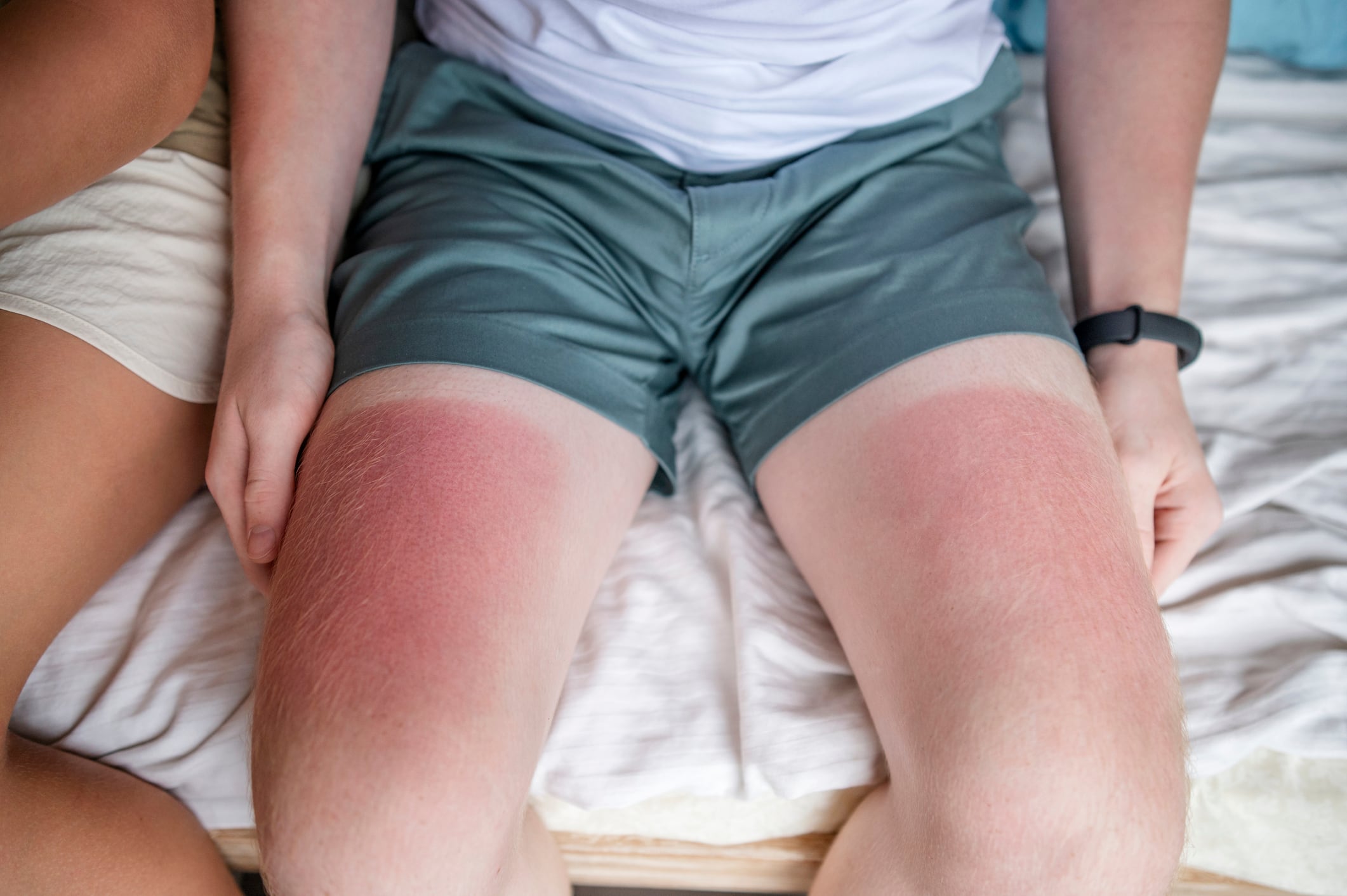On June 3, 2025, Representative John Joyce (R-PA) introduced the Supporting Accessible, Flexible, and Effective Sunscreen Standards (SAFE Sunscreen Standards) Act. The bipartisan legislation seeks to amend Section 505G of the Federal Food, Drug, and Cosmetic Act by establishing new standards for evaluating the safety and efficacy of these ingredients.
According to the bill, the proposed standards would:
- “ensure the safety of consumers based on a comprehensive evaluation of scientific evidence”;
- “allow for the use of real-world evidence, observational studies, and other scientifically valid approaches in place of, or to supplement, traditional clinical tests”; and
- support “nonprescription marketing and use” through streamlined, science-based evaluations.
If enacted, the bill would require the FDA to issue guidance within 180 days on how sponsors can use non-animal testing alternatives to meet regulatory requirements.
Industry implications
The SAFE Sunscreen Standards Act directly addresses long-standing concerns among US cosmetics and personal care product manufacturers and ingredient suppliers regarding delays in FDA approval of new UV filters. The FDA has not approved a new sunscreen active ingredient since 1999, despite Congress passing the Sunscreen Innovation Act in 2014 to expedite the process.
We spoke to the Personal Care Products Council (PCPC), which welcomed the new legislation. Karin Ross, PCPC’s Executive Vice President of Government Affairs, told CosmeticsDesign US that “we have been deeply committed to this issue for more than 20 years, so it’s encouraging to see the proposed bipartisan legislation that could modernize sunscreen regulation.”
Ross emphasized the gap between global and domestic regulatory progress: “The FDA’s current review process for approving new sunscreen ingredients hasn’t kept pace with global innovation, which is holding the US beauty industry back from developing additional safe, effective products for all skin types and tones.”
Focus on scientific innovation and humane testing
A key component of the legislation is the endorsement of alternative testing models, including real-world evidence and nonclinical, non-animal methods. The bill instructs the Secretary of Health and Human Services to “consider… any other alternative to animal testing that the Secretary deems appropriate” when reviewing sunscreen active ingredients.
Ross commented on this feature, stating, “The act’s authors clearly understand the importance of non-animal testing methods and the critical role sunscreen plays in preventing skin cancer.”
If passed, she affirmed that the PCPC is “ready to work with the FDA on creating a strong, modern regulatory framework that supports innovation, is more humane, and provides consumers with access to a broader range of effective sunscreen options that meet their diverse needs.”
Regulatory and market impact
For manufacturers and suppliers, the SAFE Sunscreen Standards Act could potentially unlock a faster path to market for UV filters that are already approved abroad, particularly in the EU and Asia-Pacific regions. It could also reduce development costs by validating non-animal testing alternatives.
Under Section 5 of the Act, the Secretary of Health and Human Services will be mandated to submit an annual report to the Committee on Energy and Commerce of the House of Representatives and the Committee on Health, Education, Labor, and Pensions of the Senate detailing “the status of implementation of evidence and testing standards for sunscreen active ingredients... and the progress of the Food and Drug Administration in allowing nonclinical testing alternatives to animal testing for the consideration of sunscreen active ingredients.”
These reports aim to enhance visibility into the agency’s handling of sunscreen ingredient evaluations under the updated framework.
The bill is now with committee and awaits further action. Companies in the cosmetics and personal care sector should track its progress and be ready for possible adjustments to FDA review procedures and formulation rules.


!["The proposed legislation [allows] the use of real-world evidence, observational studies, and other scientifically sound non-animal testing methods to demonstrate the safety and effectiveness of new UV filters, particularly those that have long been approved abroad," Ross explained.](https://www.cosmeticsdesign.com/resizer/v2/WBCXOWKOCNA47LBGPPXF6TUTCA.jpg?auth=02374430b1f02762fced01fec6a0537eb4415782047d998b1d2bf7a683116cfc&smart=true)


